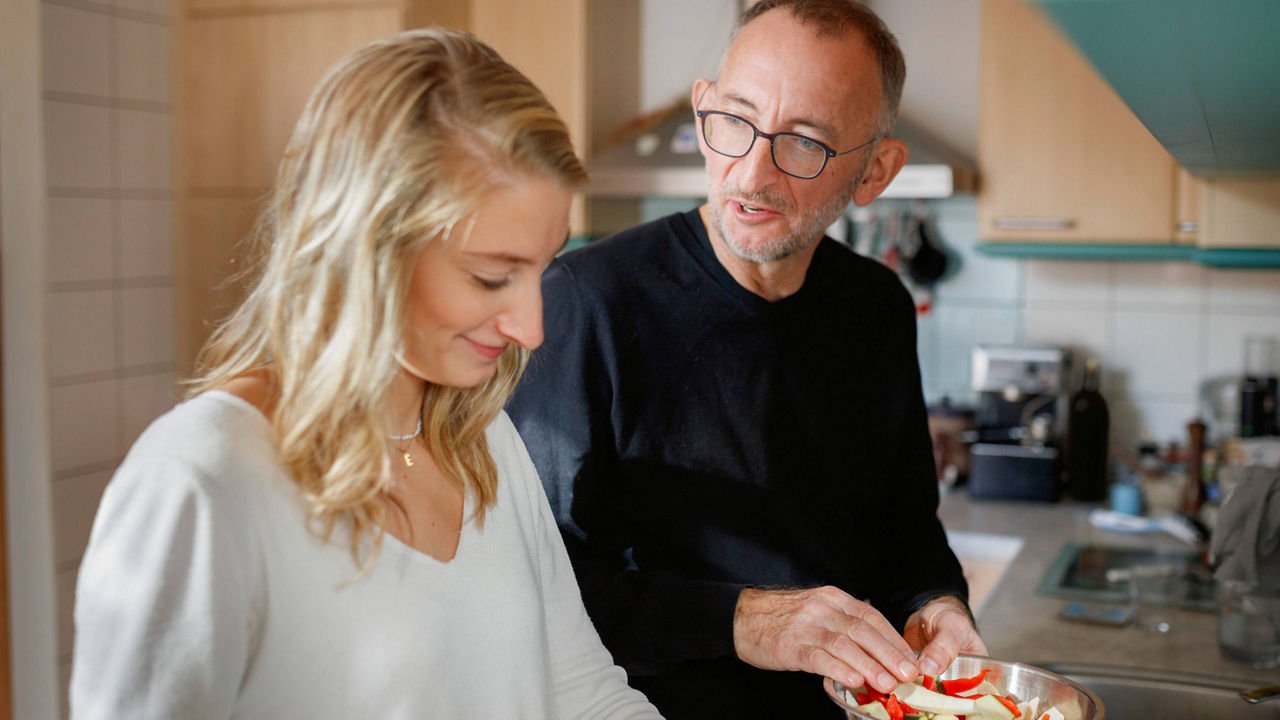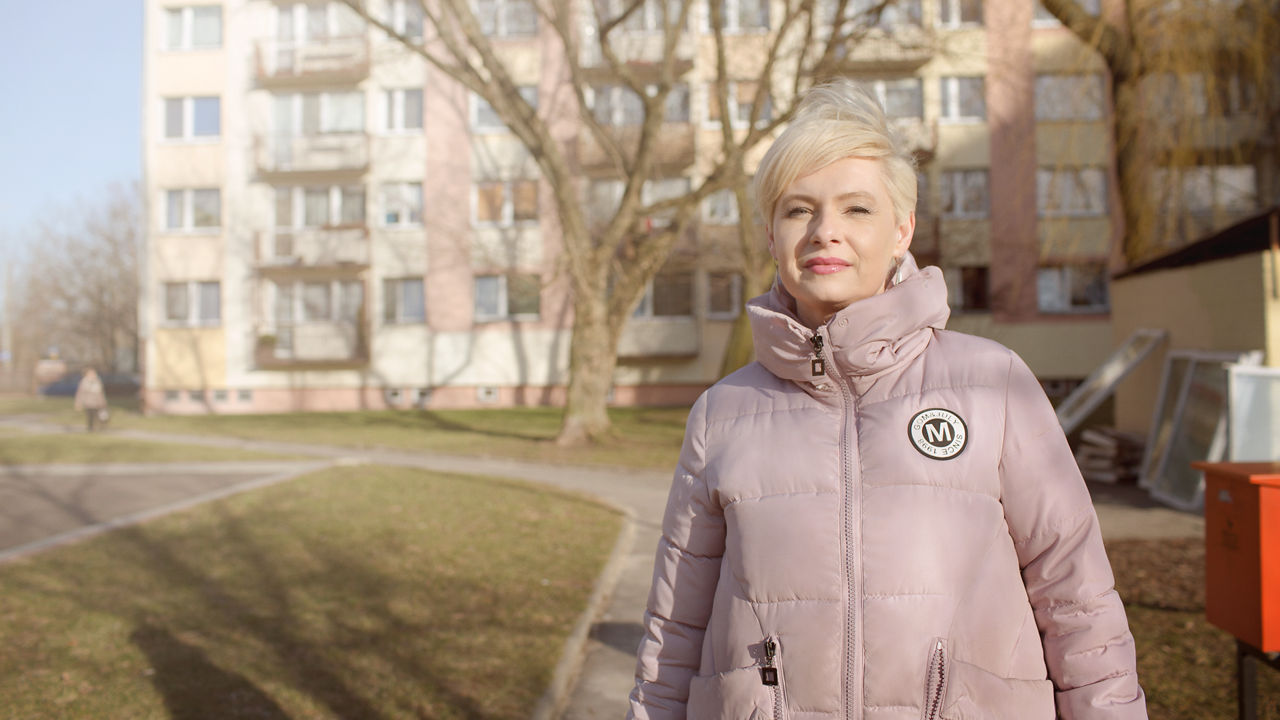Cancer and its treatment can affect taste in many ways3. You may find that your sense of taste generally decreases, so that flavors aren’t as strong as they used to be. Conversely, flavors may be heightened, making everything taste more sweet, sour, salty, or bitter than before. Your sense of taste may be altered so that food tastes different, and you may develop a new dislike of particular foods. You may also have a strange or unpleasant taste in your mouth. Occasionally, people lose their sense of taste entirely3.
Cancer and taste changes
Alterations in taste and smell are among the most difficult side effects of cancer treatment1. They take the pleasure out of mealtimes and can prevent you from eating what you need, causing unintentional weight loss and even malnutrition. Read on to learn about the common taste changes, how they affect your body’s ability to cope with cancer, and what you can do to combat these changes.
How common are taste changes in cancer?
Sensory changes like taste and smell changes are extremely common, affecting up to 70% of people with cancer during treatment2. They can occur in any form of cancer but are particularly frequent in patients with head and neck cancer3. In addition to taste changes, people with cancer may experience changes in their sense of smell and “mouthfeel” (how food or drink feel in the mouth)4. Taste and smell alterations generally appear shortly after patients begin treatment and may last for 6–12 months after treatment ends, sometime longer2,5

What type of taste changes may happen?
Why do I have a metallic taste in my mouth?
Having a metallic taste in the mouth is very common among people with cancer. Studies have found that as many as 78% of patients being treated with chemotherapy, radiotherapy, or targeted therapy have a metallic taste or find that food tastes metallic6. People with this particular side effect are also likely to report having a bitter taste in their mouth or an increased sensitivity to sour or bitter foods6. As well as a metallic taste, treatments for cancer may cause a “rancid” or “chemical” taste in the mouth. Fortunately, these side effects typically disappear after treatment ends2.
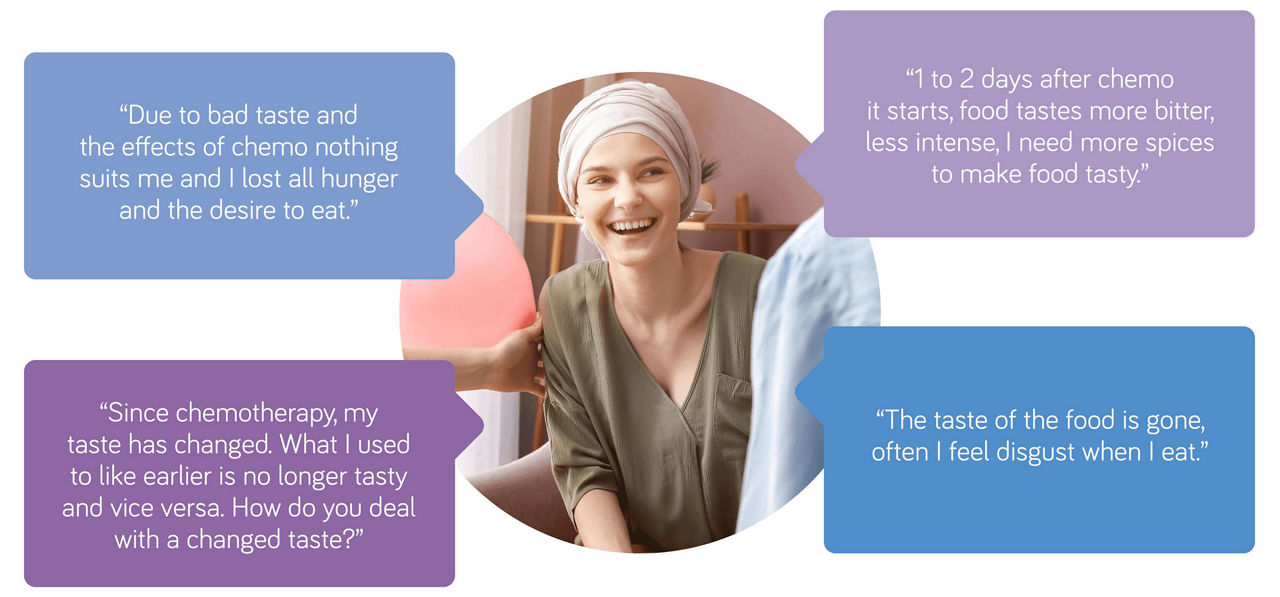
What causes taste changes in cancer?
You perceive flavor via around 5000 taste buds on your tongue and inside your mouth. The taste buds contain special cells, called receptors, which detect the basic tastes of sweet, sour, salty, bitter, and umami2,3.Sometimes, taste changes are caused by the cancer itself interfering with the body’s normal processes2,3. More often, however, taste changes are an unintended side effect of cancer treatment. Both radiotherapy and chemotherapy damage the tastebuds, affecting how food and drink taste; they can also affect the sensory nerves, changing how things feel in the mouth2,3. Surgery for cancer may also affect taste and smell if it involves damaging parts of the mouth, tongue, or nose.
Why can cancer cause a dry mouth?
Treatments for cancer – particularly chemotherapy and radiotherapy – can cause a dry mouth by reducing the amount of saliva you make. Because saliva helps the tastebuds to perceive flavor, having a dry mouth can affect your sense of taste. It can also cause other problems, such as mouth infections, a sore throat, and even tooth decay2,3.
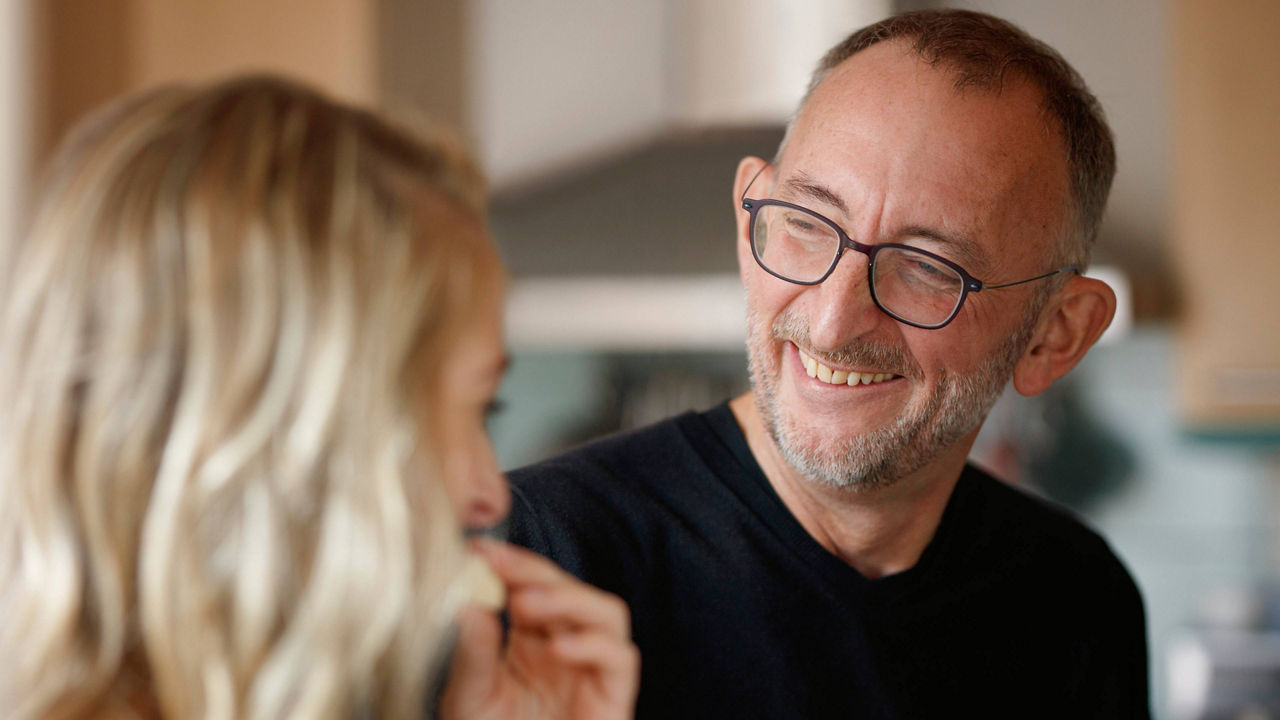
Why do taste changes matter?
Changes in your sense of taste and smell matter because they interfere with the enjoyment of eating and drinking. People with taste changes tend to avoid certain foods and eat and drink less than normal – meaning that their body doesn’t get all the nutrition it needs4,5. Taste changes lead to a 20–25% reduction in daily energy intake, resulting in weight loss – a particular concern in cancer4,5. Without adequate nutrition, your body will be less able to cope with both the cancer and its treatment, reducing the chance of a successful treatment7.
Unintentional weight loss can cause you to feel tired and weak, makes your treatment less effective, increases the chance of side effects, and reduces your overall quality of life8.
What can I do if my sense of taste or smell changes?
Ensuring good nutrition and avoiding weight loss is really important for patients with cancer. This will give your body the best chance of staying strong and responding well to treatment. Aim to eat high-protein and energy dense foods throughout the day to maintain your weight and keep your muscles strong. For example high protein foods include chicken, fish, tofu, cheese, eggs, nuts, beans, lentils and chickpeas are all rich in protein.
Tips for coping with taste changes
- Experiment with different foods and drinks – you may find that you enjoy foods that previously you didn’t
- If all your food tastes the same, choose strong flavors and try adding garlic, lemon juice, herbs and spices
- Use sauces, chutney, pickles or relish to add flavor
- If your sense of taste or smell has become more sensitive, serve food cold or at room temperate to make it easier to tolerate
- If you have a sore or infected mouth, avoid spicy and acidic food
- If you have a metallic taste in your mouth, try using plastic utensils instead of metal utensils
- Use a straw to bypass your tastebuds
- Keep your mouth clean and fresh; brush your teeth after each meal and rinse your mouth regularly
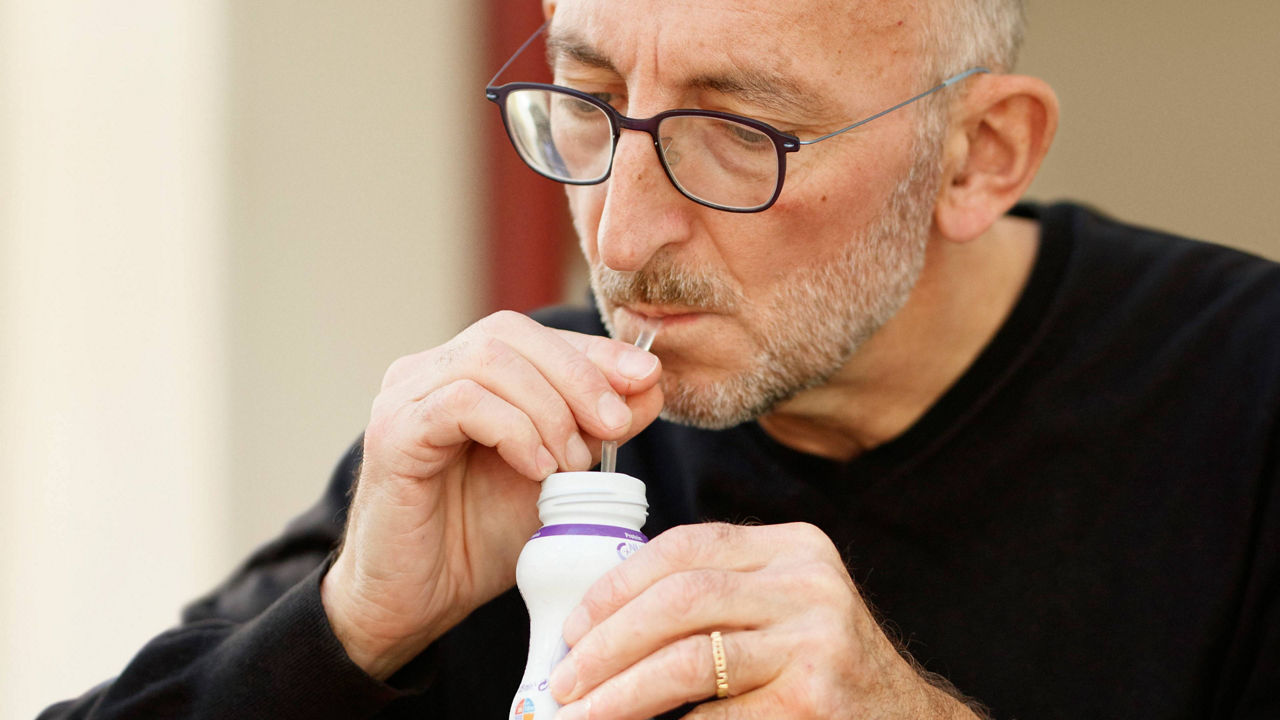
When should I see a doctor?
If you are struggling to eat and drink, notice unexplained weight loss, notice changes in taste or have concerns about your diet and nutrition, talk to your healthcare professional. Depending on the cause of your symptoms, your healthcare team may be able to help you with medication, dietary changes, and/or nutritional support. As many cancer treatments are long and complex, you may benefit from being referred to a dietitian who can work out an individualized nutrition plan.
If medical nutrition is appropriate as part of any treatment you may be receiving, it is a decision that must always be made in consultation with a healthcare professional. It’s particularly important to always discuss if your appetite is reduced and/or if you are losing weight, as whatever age you may be, unintentional weight loss is never a normal part of life.
Helping patients stay strong for the road ahead
For information on how to make sure your body is getting enough of the right nutrition, and to talk to a healthcare professional about your nutritional concerns, visit our dedicated information hub for patients.

- Lindley et al. 1999 Cancer Pract, 7(2):59-65].
- Spotten LE, Corish CA, Lorton CM, et al. Subjective and objective taste and smell changes in cancer. Ann Oncol. 2017;28:969-84.
- Murtaza B, Hichami A, Khan AS, et al. Alteration in Taste Perception in Cancer: Causes and Strategies of Treatment. Front Physiol. 2017;8:134.
- Brisbois TD, de Kock IH, Watanabe SM, et al. Characterization of chemosensory alterations in advanced cancer reveals specific chemosensory phenotypes impacting dietary intake and quality of life. J Pain Symptom Manage. 2011;41:673-83.
- Ruo Redda MG, Allis S. Radiotherapy-induced taste impairment. Cancer Treat Rev. 2006;32:541-7.
- IJpma I, Timmermans ER, Renken RJ, et al. Metallic Taste in Cancer Patients Treated with Systemic Therapy: A Questionnaire-based Study. Nutr Cancer. 2017;69:140-45.
- Ryan AM, Prado CM, Sullivan ES, et al: Effects of weight loss and sarcopenia on response to chemotherapy, quality of life, and survival. Nutr. 2019; 67-68: 110539.
- Ross PJ, Ashley S, Norton A, et al. Do patients with weight loss have a worse outcome when undergoing chemotherapy for lung cancers? Br J Cancer. 2004; 90(10): 1905-11.
- Cancer Research UK 071219.
- Ryan et al. Proc Nutr Soc. 2016;75(2):199-211.
- Fearon K et al. Lancet Oncol, 2011;12(5):489-95.
- Capuano G, et al. Head Neck 2008;30:503-8.
- Andreyev HJ, et al. Eur J Cancer, 1998;34:503-9.
- Rickard KA, et al. Cancer 1983;52:587-98.
Are you a healthcare professional or (carer of) a diagnosed patient?
The product information for this area of specialization is intended for healthcare professionals or (carers of) diagnosed patients only, as these products are for use under healthcare professional supervision.
Please click ‘Yes’ if you are a healthcare professional or (carer of) a diagnosed patient, or ‘No’ to be taken to a full list of our products.
The information on this page is intended for healthcare professionals only.
If you aren't a healthcare professional, you can visit the page with general information, by clicking 'I'm not a healthcare professional' below.
